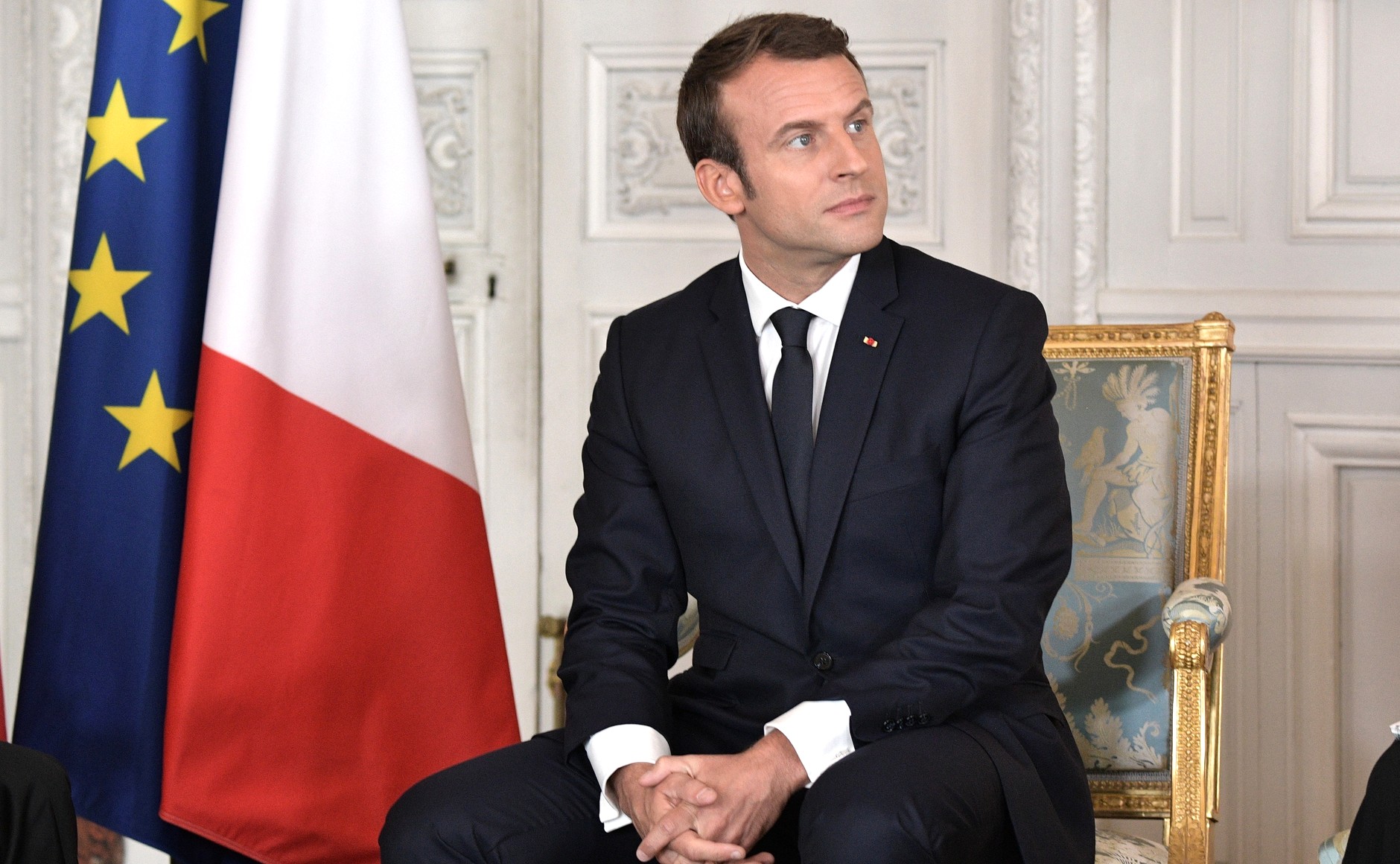BRUSSELS (Parliament Politics Magazine) – Following their “historic” decision to grant Ukraine and Moldova candidate status the day before, European leaders will meet again on Friday morning, day 2 of their summit on the economy.
Skyrocketing inflation, food security and cost of living issues will be at the top agenda for EU leaders, who will be joined in conversation by Christine Lagarde, president of the European Central Bank, and Paschal Donohoe, head of the Eurogroup. Even though it isn’t officially on the agenda, the energy problem will undoubtedly come up.
According to what is heard, Mario Draghi, the prime minister of Italy, requested another Council summit in July to discuss the EU’s economic situation so a decision on the same might as well be taken today.
Meanwhile, Croatians may also celebrate today as historic as their officials prepare to decide whether to approve the introduction of the euro after the Commission made that suggestion earlier this month.
The EU requires greater gas infrastructure, says Scholz
In a brief interview with the media that morning, the German Chancellor stated that “we need to discuss this hard situation together” and in particular, how to come up with a coordinated response to the economic difficulties the EU was currently experiencing.
He said that they needed to build up their infrastructure so they could import gas from other nations. Following Berlin’s announcement that it was currently receiving 60% less gas from Russia than ordered.
But he emphasised, “We have stability.”
Olaf Scholz stated that the EU “will stick to our promises” and that “all six can trust Germany to will back their road to Europe” in regards to enlargement to the Western Balkans.
To address the cost of living crisis, member states should explore for national solutions: Slovakia
The prime minister of Slovakia, Eduard Heger, claimed that it was vital to genuinely come up with national answers and that the EU must realise inflation would stay with them for a longer time period.
He urged other governments to follow suit and cooperate “with the market” by citing the agreement his government had with a nuclear power provider to deliver assured pricing for the next two years.
He continued right then, as he mentioned, it was critical that every country used its resources. Because COVID cost everyone a lot of money so they had to think twice, they must be very smart and consider the sustainability of public budgets constantly.
EU in tough situation due to inflation: Andersson
The bloc is experiencing a terrible situation with inflation and the shortages of gas, Swedish Prime Minister Magdalena Andersson stated as she arrived.
Additionally, she claimed that they needed to have a discussion about what looked to be an easy solution, for governments to put more money in the pockets of their citizens.
They must undoubtedly assist the households that were in the most need, she remarked.
When asked about a potential summit in July, she responded saying that Charles Michel would determine the need, but if they had an additional meeting, it would be for them to make a choice otherwise it might not be the most productive use of their time.
Risk of inflation spreading throughout the euro-economy: Donohoe
Paschal Donohoe, the president of the Eurogroup, told reporters that while they could hope that they would still be expanding for that year, inflation and energy could pose serious obstacles.
He added that fighting inflation while keeping the bloc out of a recession was a tough balance to achieve right for policy-makers and that they needed to realise the risks that they could face if inflation did become embedded in their economies.
EU must coordinate gas purchases and set price caps: De Croo
On his way into the Council meeting chamber, Belgian Prime Minister Alexander De Croo stopped by the reporters to reiterate that they were going for a winter that might be challenging because Russia had started to cut gas exports to some member nations.
He emphasised that Germany was already anticipating a gas scarcity throughout the winter, which would have a significant impact.
Additionally, he reiterated his conviction that the greatest way “to get through” was if they did it together.
He said, “The Commission should actually take the lead,” saying, “We should buy jointly, we should apply price ceilings.”
The group will be able to keep a political consensus on what was acceptable for the euro region, he said, adding that he was very certain of that. He also emphasised that it was a common currency zone that was so much stronger, so much more resilient than they had ever been.






